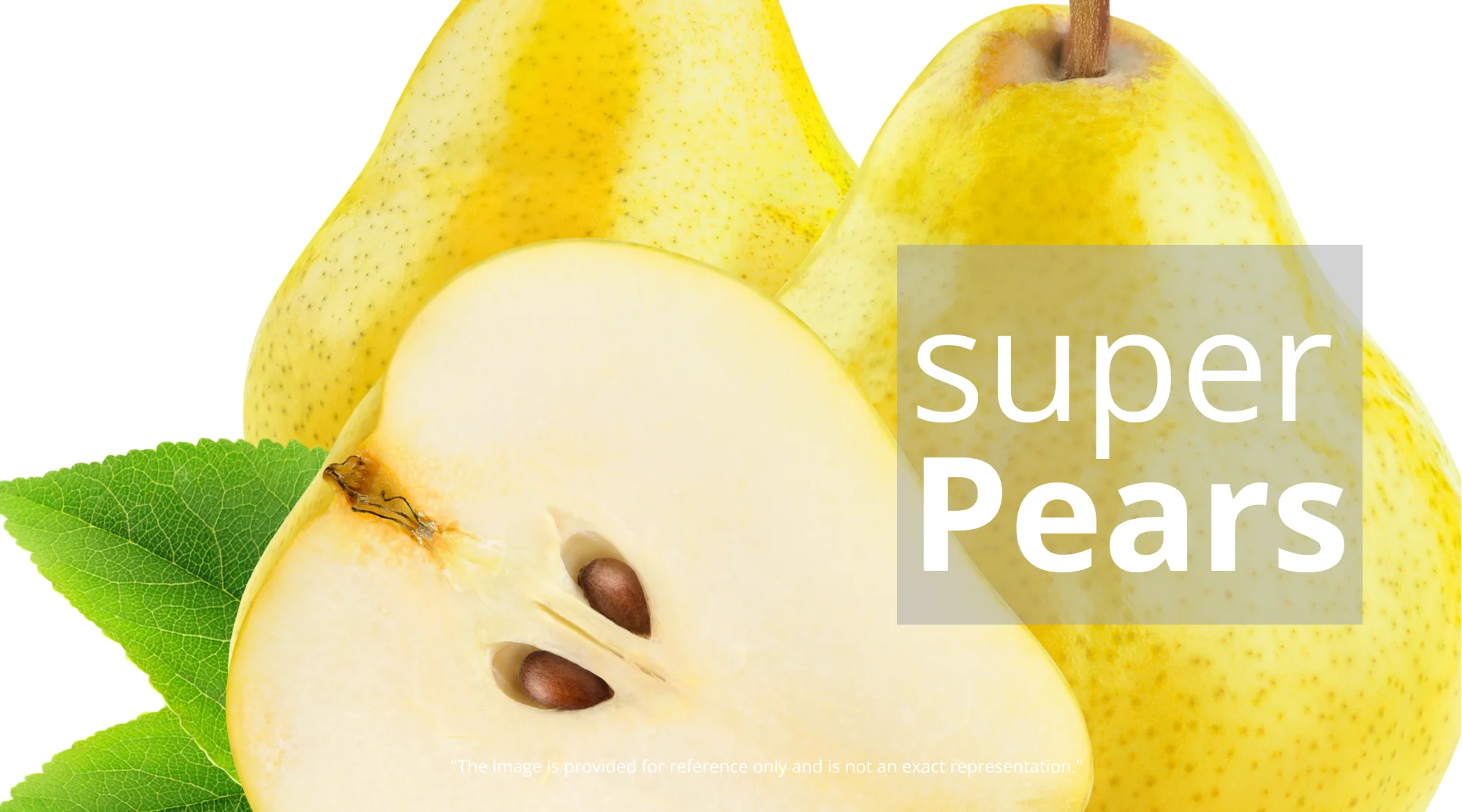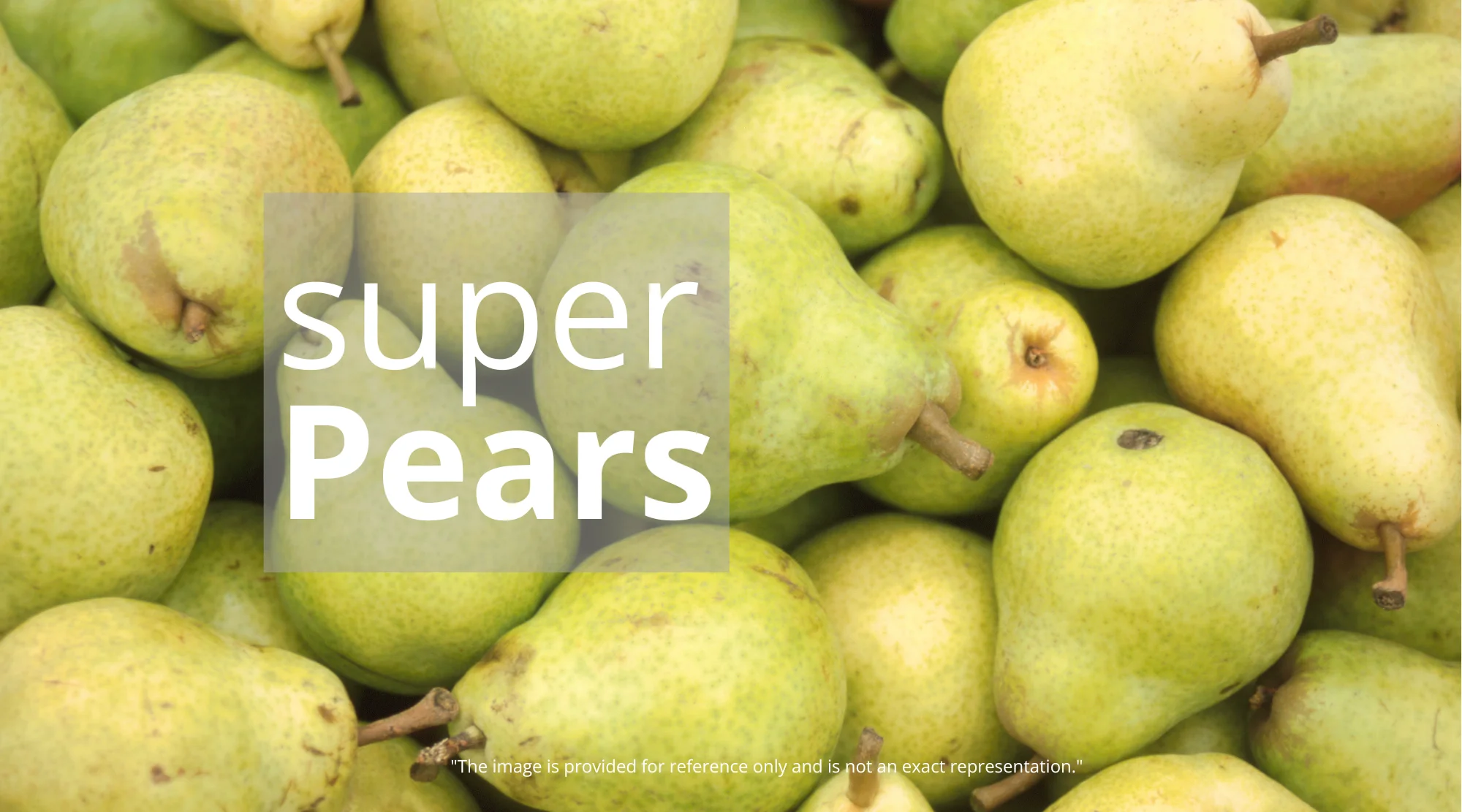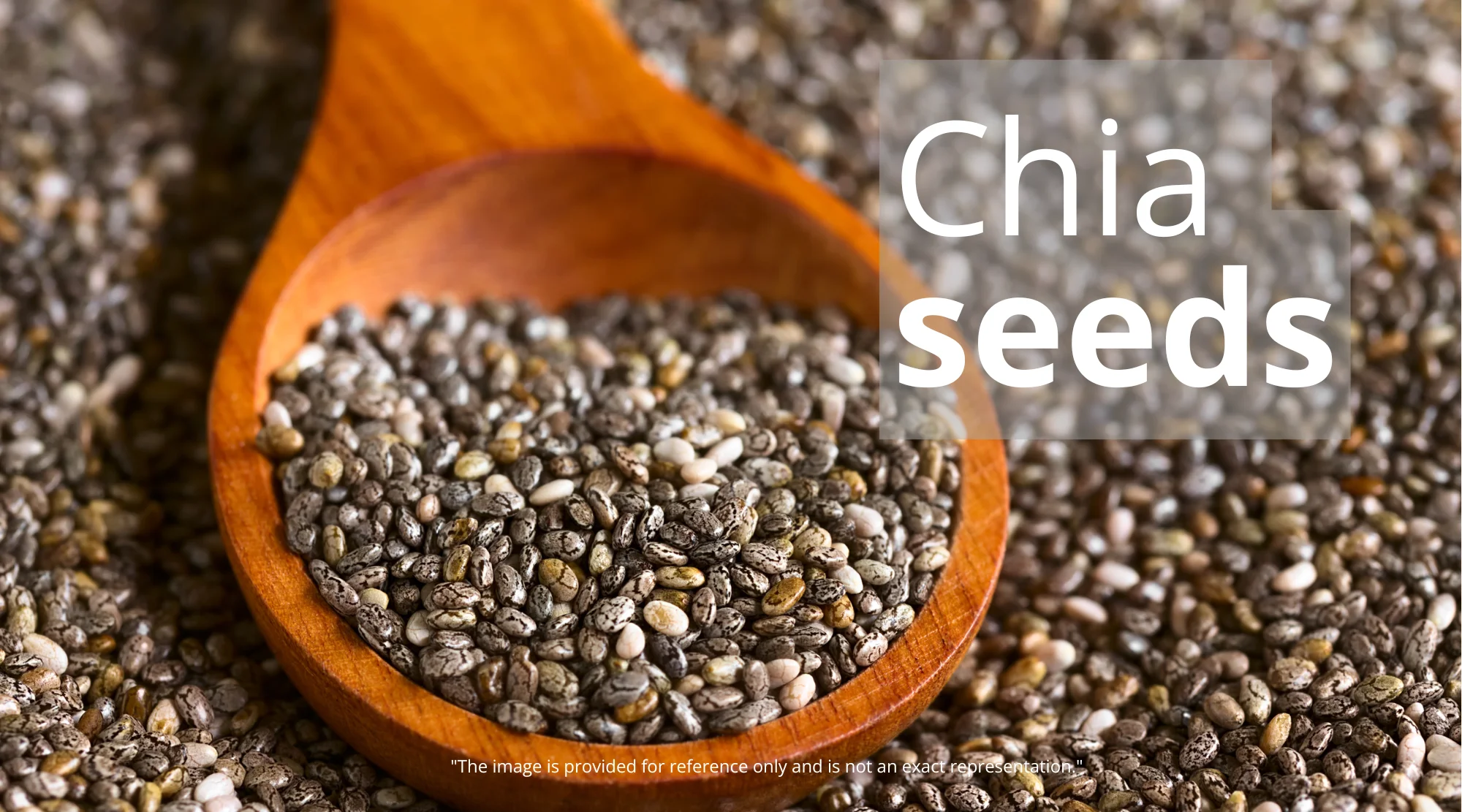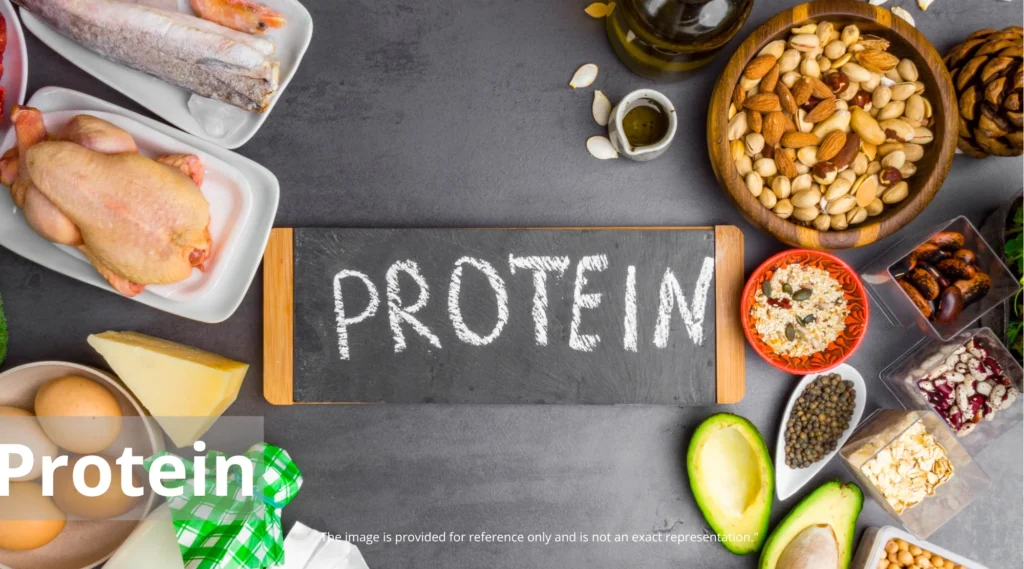Pears are often overlooked in the fruit aisle, but these subtly sweet, juicy delights offer a wealth of health benefits. From boosting your fiber intake to providing essential vitamins and minerals, incorporating pears into your diet can be a surprisingly impactful way to enhance your overall well-being. But are pears the ideal fruit? Let’s explore the impressive nutritional profile and the many reasons why they might just be.
This article will delve into the science-backed benefits of pears, exploring their impact on heart health, digestion, blood sugar regulation, and more. Discover why this often-underestimated fruit deserves a regular spot on your plate.
The Nutritional Powerhouse: What Makes Pears So Healthy?

Pears are a treasure trove of essential nutrients, making them a valuable addition to any diet. They are particularly rich in fiber, both soluble and insoluble, which contributes significantly to digestive health. Soluble fiber helps regulate blood sugar and lower cholesterol, while insoluble fiber promotes bowel regularity. Fiber Intake: How Much Do You Really Need Daily? Find out how much fiber you need.
Beyond fiber, pears are packed with vitamins, including vitamin C and vitamin K. Vitamin C is a potent antioxidant that supports immune function and protects against cellular damage. Vitamin K is crucial for blood clotting and bone health. Minerals such as potassium, which helps regulate blood pressure, and copper, involved in energy production and nerve function, are also present in significant amounts. The combination of these nutrients makes pears the ideal fruit for many.
Pears for a Healthy Heart
One of the most significant benefits of pears is their positive impact on heart health. The high fiber content, particularly soluble fiber, plays a key role in lowering cholesterol levels. Soluble fiber binds to cholesterol in the digestive tract, preventing its absorption into the bloodstream. This, in turn, reduces the risk of heart disease.
Pears are also a good source of potassium, an essential mineral for maintaining healthy blood pressure. Potassium helps counteract the effects of sodium, relaxing blood vessel walls and reducing strain on the cardiovascular system. Consuming potassium-rich foods like pears can contribute to a lower risk of hypertension and stroke. Eating healthy and following the Mediterranean Diet: Your Guide to a Longer, Healthier Life can help prevent heart diease.
Digestive Health and Gut Microbiome
The fiber in pears doesn’t just benefit your heart; it’s also excellent for your digestive system. Insoluble fiber adds bulk to stool, promoting regularity and preventing constipation. This is particularly important for maintaining a healthy gut microbiome, the community of beneficial bacteria that reside in your digestive tract.
A healthy gut microbiome is essential for overall health, playing a role in immune function, nutrient absorption, and even mental well-being. Fiber serves as a prebiotic, feeding these beneficial bacteria and promoting their growth. A diet rich in fiber, including pears, can help maintain a balanced and thriving gut microbiome.
Blood Sugar Regulation and Diabetes Prevention
Pears have a relatively low glycemic index (GI) compared to other fruits, meaning they don’t cause a rapid spike in blood sugar levels. This makes them a suitable fruit choice for individuals with diabetes or those at risk of developing the condition.
The fiber in pears further contributes to blood sugar regulation by slowing down the absorption of glucose into the bloodstream. This helps maintain stable blood sugar levels and prevents insulin resistance, a key factor in the development of type 2 diabetes. Choosing pears the ideal fruit can assist with blood sugar regulation.
Weight Management and Satiety
If you’re looking to manage your weight, pears can be a valuable addition to your diet. Their high fiber and water content contribute to feelings of fullness and satiety, helping you eat less and consume fewer calories.
Foods that are high in fiber and water take longer to digest, keeping you feeling satisfied for longer periods. This can prevent overeating and help you maintain a healthy weight. Pears also make a great snack instead of reaching for processed, high-calorie options.
Antioxidant Powerhouse: Fighting Free Radicals

Pears are rich in antioxidants, compounds that protect your cells from damage caused by free radicals. Free radicals are unstable molecules that can contribute to aging, inflammation, and chronic diseases like cancer and heart disease.
The primary antioxidants in pears include vitamin C, as well as various flavonoid and phenolic compounds. These antioxidants neutralize free radicals, preventing them from damaging cells and tissues. Regularly consuming antioxidant-rich foods like pears can help reduce your risk of chronic diseases and promote overall health.
Bone Health and Osteoporosis Prevention
While not as widely known as other nutrients for bone health, vitamin K, found in pears, plays a crucial role in maintaining strong and healthy bones. Vitamin K is involved in the production of proteins that are essential for bone mineralization, the process by which bones become strong and dense.
Adequate vitamin K intake is associated with a reduced risk of osteoporosis, a condition characterized by weak and brittle bones. Including pears in your diet can contribute to your overall vitamin K intake and support bone health, especially as you age. Make sure you are getting enough High-Calcium Foods: Your Guide to Stronger Bones & Health.
Anti-Inflammatory Properties
Chronic inflammation is a major contributor to many health problems, including heart disease, arthritis, and certain cancers. Pears contain compounds with anti-inflammatory properties, which can help reduce inflammation throughout the body.
Flavonoids and other antioxidants in pears have been shown to inhibit the production of inflammatory molecules. By reducing inflammation, pears can help protect against chronic diseases and promote overall well-being. Discover more about Anti-Inflammatory Diets: Do They Really Work? The Science-Backed Truth.
Versatility in the Kitchen
Beyond their health benefits, pears are incredibly versatile in the kitchen. They can be enjoyed fresh, baked, grilled, or added to salads, smoothies, and desserts. Their subtle sweetness pairs well with a variety of flavors, making them a versatile ingredient for both sweet and savory dishes.
From a simple pear and cheese snack to a sophisticated pear tart, the possibilities are endless. Experimenting with different pear varieties can also add variety to your meals. Bosc pears are excellent for baking, while Anjou pears are great for eating fresh.
A Delicious and Convenient Snack
Finally, pears are a convenient and delicious snack option. They require no preparation and can be easily carried in a bag or lunchbox. Their natural sweetness and satisfying texture make them a great alternative to processed snacks that are often high in sugar and unhealthy fats.
Whether you’re looking for a quick energy boost or a healthy way to satisfy your sweet tooth, pears are a smart and convenient choice. Choosing pears the ideal fruit can make snacking healthier.
In conclusion, the humble pear offers a remarkable range of health benefits, from supporting heart health and digestion to regulating blood sugar and fighting inflammation. Their versatility in the kitchen and convenient snackability make them an easy and delicious way to enhance your overall well-being. So, the next time you’re at the grocery store, don’t overlook the pears – they might just be the ideal fruit you’ve been searching for.














1 comment